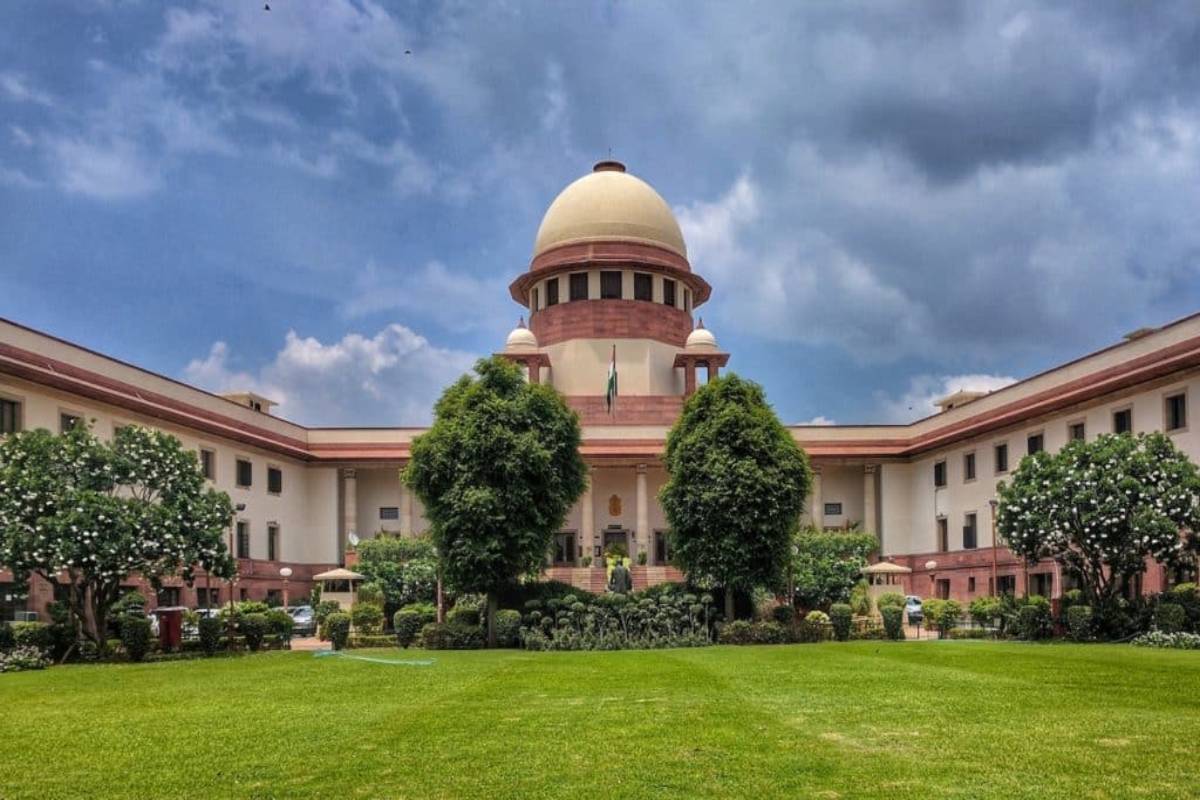The Supreme Court on Monday sought the views of the Union Ministry of Environment, Forest and Climate Change on whether iron ore mining in Odisha can be capped, to conform to the need for sustainable development and intergenerational equity.
Heading a bench also comprising Justice J.B. Pardiwala and Justice Mano0j Misra, Chief Justice D.Y. Chandrachud sought the views of the Ministry of Environment, Forest and Climate Change, noticing that the “comprehensive” plan placed before it by an affidavit was only by the Ministry of Mines without any views or environment assessment by the Environment Ministry.
Advertisement
The CJI Chandrachud in the order asked the MoEFCC to inform it about the impact of the iron ore mining on the environment and the concept of intergenerational equity.
“We want the view of the Ministry of Environment, Forest and Climate Change. This Ministry is the expert body, and it can tell us about the impact of iron ore mining on the environment and the concept of intergenerational equity,” the bench said in its order.
The Ministry of Mines submitted the details of the “comprehensive” iron ore mining plan in response to the top court’s direction asking whether any cap can be put on mining in Odisha keeping in mind the limited iron ore reserves there.
As advocate Pranav Sachdeva, appearing for NGO Common Cause told the bench that iron ore is set to be exhausted in 25 years because of the present pace of mining and hence it needs to be capped, the bench asked the MoEFCC to submit its view.
As senior advocate Rakesh Dwivedi told the bench that the intergenerational equity does not mean keeping the iron ore reserves for the coming generations, and country needs steel for the rail tracks, production of defence equipment and all other developmental activities, advocate Pranav Sachdeva urged the bench to ask them how much iron ore was being exported.
The top court further directed the Odisha government to file a fresh affidavit in four weeks giving details of recoveries of dues from defaulter mining firms, which were held guilty of violating norms in the State, from the last order passed in August.
The Odisha government was also asked to provide the details of properties of mining firms which were attached for recovering the dues.
Senior advocate Rakesh Dwivedi, appearing for Odisha government, said that the government has recovered a substantial amount in fines from the defaulting mining firms but Rs 2,622 crores was yet to be collected from them.
The top court was hearing a PIL against illegal mining in 2014 that the defaulting firms or their promoters be not allowed to take part in any future auctioning process involving the State’s valuable mineral resources, and the dues may be recovered by attaching their properties.











